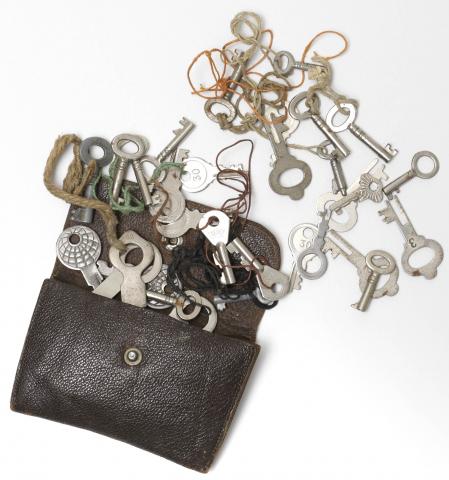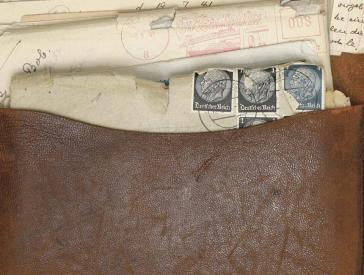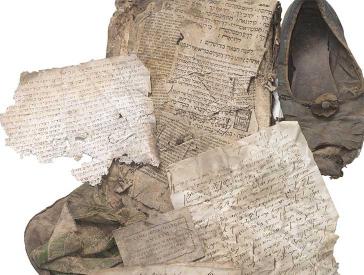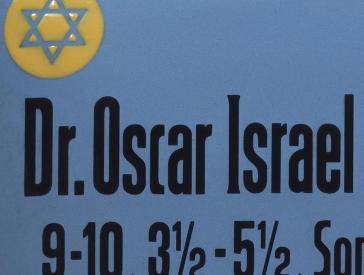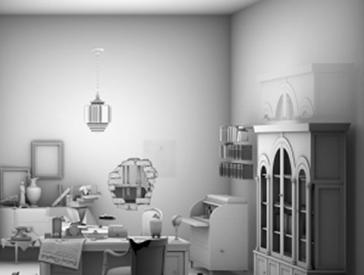Material Culture Collection
In the area of material culture, we collect objects that are closely tied to Jewish life stories and hold commemorative value for their former owners. The stories that of how these objects have been passed down and the shifting meanings ascribed to them are also relevant to German-Jewish history.
What Our Collection Includes…
The collection comprises around 4,500 three-dimensional objects and textiles used for nonreligious purposes. They date from the late eighteenth century to the present, with a focus on the years from 1850 to 1950. These are mainly mementos and everyday objects that belonged to individuals and families, who often donated them to the museum as part of larger mixed collections of their possessions.
And What the Objects Reveal about Jewish History
Decorations, badges, and medals from the First World War, for example, are prominently represented in our collection and attest to the patriotism and the sense of belonging felt by German Jews. (With the exception of several awards for women on the so-called “home front,” these were primarily bestowed upon men.)
Because it was mainly more affluent families that were able to emigrate or even assure the safekeeping of their possessions, the majority of the everyday objects reflect their owners' bourgeois lifestyle, the collections of the Plesch and Simon families in particular.
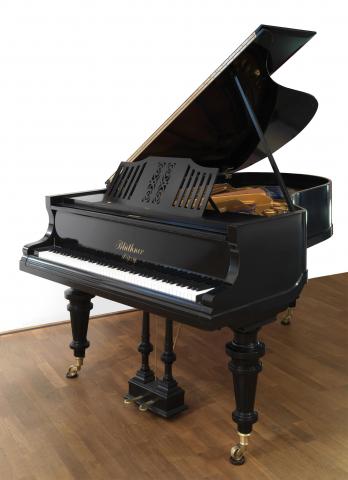
Pianist Tessa Uys donated this Blüthner-Flügel piano to us in 2004. Her mother, pianist Helga Bassel, bought it in Berlin in 1930. Only in 2003, after emigrating to South Africa in 1936 and after her mother's suicide in 1969, did Tessa learn that her mother was Jewish; Jewish Museum Berlin, gift of Tessa Uys, Photo: Jens Ziehe. More about this object in our online collections (in German)
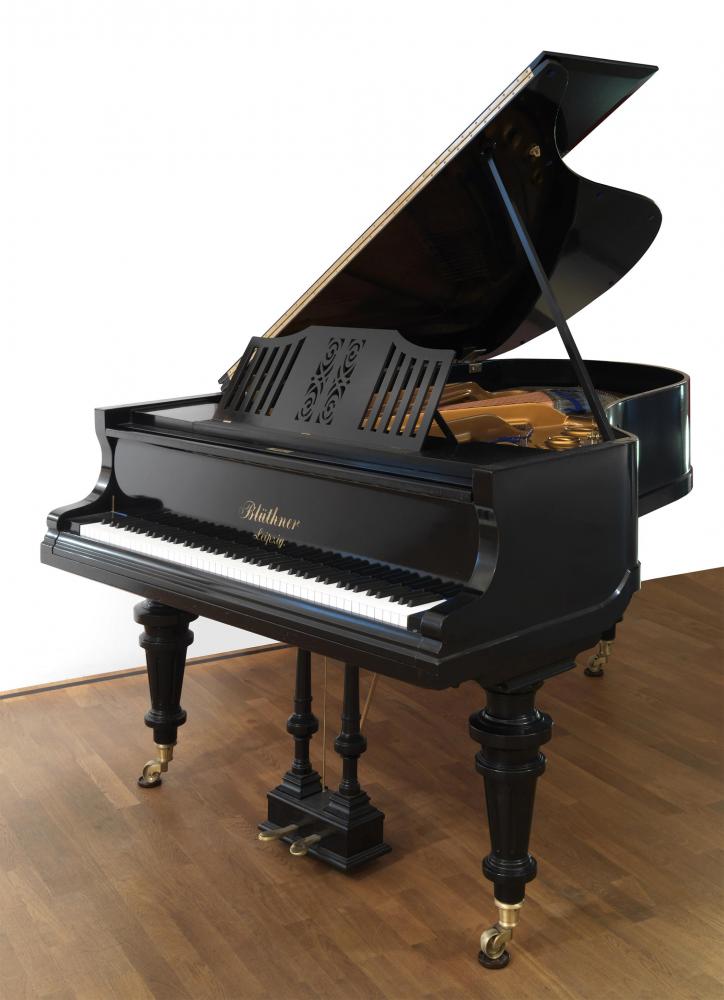 X
X
Pianist Tessa Uys donated this Blüthner-Flügel piano to us in 2004. Her mother, pianist Helga Bassel, bought it in Berlin in 1930. Only in 2003, after emigrating to South Africa in 1936 and after her mother's suicide in 1969, did Tessa learn that her mother was Jewish; Jewish Museum Berlin, gift of Tessa Uys, Photo: Jens Ziehe. More about this object in our online collections (in German)
Company products, promotional items, and business signs and insignia are evidence of innovation, economic success, and social advancement of companies, salespeople, doctors, or lawyers. Club trophies recount sports history.
Many of the objects are related to emigration and émigrés' life in the countries they fled to after 1933. Others are directly connected to persecution and deportation, such as Yellow Star patches (Judensterne) and Jewish doctors' signs for “treaters of the sick” (Krankenbehandler). Further items were entrusted to neighbors or relatives and kept in commemoration of their murdered owners before being donated to our museum.
 X
X
Keys to the Sommerfeld family’s luggage; Jewish Museum Berlin, Gift of George and Peter Summerfield, photo: Jens Ziehe
Contact
Leonore Maier
Curator of Material Culture
T +49 (0)30 259 93 455
F +49 (0)30 259 93 409
l.maier@jmberlin.de
- Address
Jewish Museum Berlin
Lindenstraße 9–14
10969 Berlin
Selected Objects: Material Culture Collection (10)
How can I conduct research using the museum’s archive, collections, and library?
Our Reading Room is open to the public. You can also research using our library’s holdings and some of our collection’s holdings online. To view additional holdings, please contact the responsible curators.
I would like to depict or borrow an object from your collections. Who should I contact?
Your contacts for photo permissions are Valeska Wolfgram and Birgit Maurer-Porat (T +49 (0)30 259 93 433, email: fotodoku@jmberlin.de). Loan requests must be made at least six months in advance. For questions regarding administrative processes, please contact Katrin Strube (T +49 (0)30 259 93 417, email: k.strube@jmberlin.de).
How can I donate objects, photographs, and documents to the museum?
If you would like to support the Jewish Museum Berlin and believe you possess materials that may be of interest to us, contact us!


